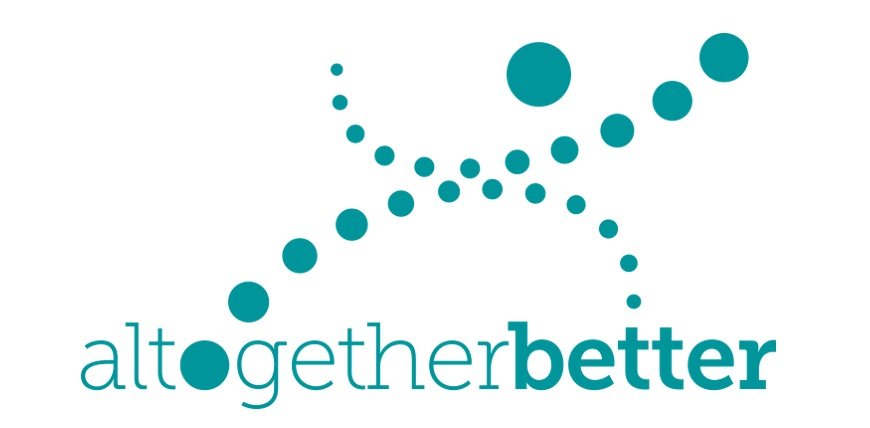Right conversation at the right time appointment guide
Whilst many medical appointments go well, there are times when conversations between doctors, nurses, and patients can feel unsatisfactory. There is a limited amount of time to discuss all the relevant information and conversations can be affected by a number of different concerns. For patients, they may worry about whether there is something seriously wrong, or whether they are wasting the doctor’s time. They may worry about being heard, and getting the outcome they want. For doctors and nurses, there are concerns about getting all the right information, agreeing the best treatment for patients, and working to targets and pressures to ensure the service runs smoothly.
Doctors and nurses are trained in consultation skills and are very familiar with following a particular structure during appointments. Patients often aren’t familiar with this structure and can sometimes find conversations confusing, taking a direction that they weren’t expecting.
The Right Conversation at the Right Time project developed some information to help patients better understand what happens during an appointment, to help them feel more prepared and more confident during their appointment. This can lead to a more focussed, open and effective conversation.
The Explanatory appointment guide explains the steps that doctors and nurses usually follow and encourages patients to think about how they can contribute to the conversation in order to agree a treatment plan that will work best for them. This is now used mainly as part of a more extended education programme for particular groups of patients.
The Directive appointment guide is more direct. This version encourages patients to share their thoughts and ideas about what they want and what’s causing their problem, and agree what needs to happen next.
These guides are being used in a number of different ways in the practices, and have been found to be helpful to patients: “It helped remind me of what I wanted to discuss with the doctor”.
They are also influencing doctors’ behaviour: “It’s made me think more about my consultation style.”
For further information and support about embedding this tool, please get in touch.

